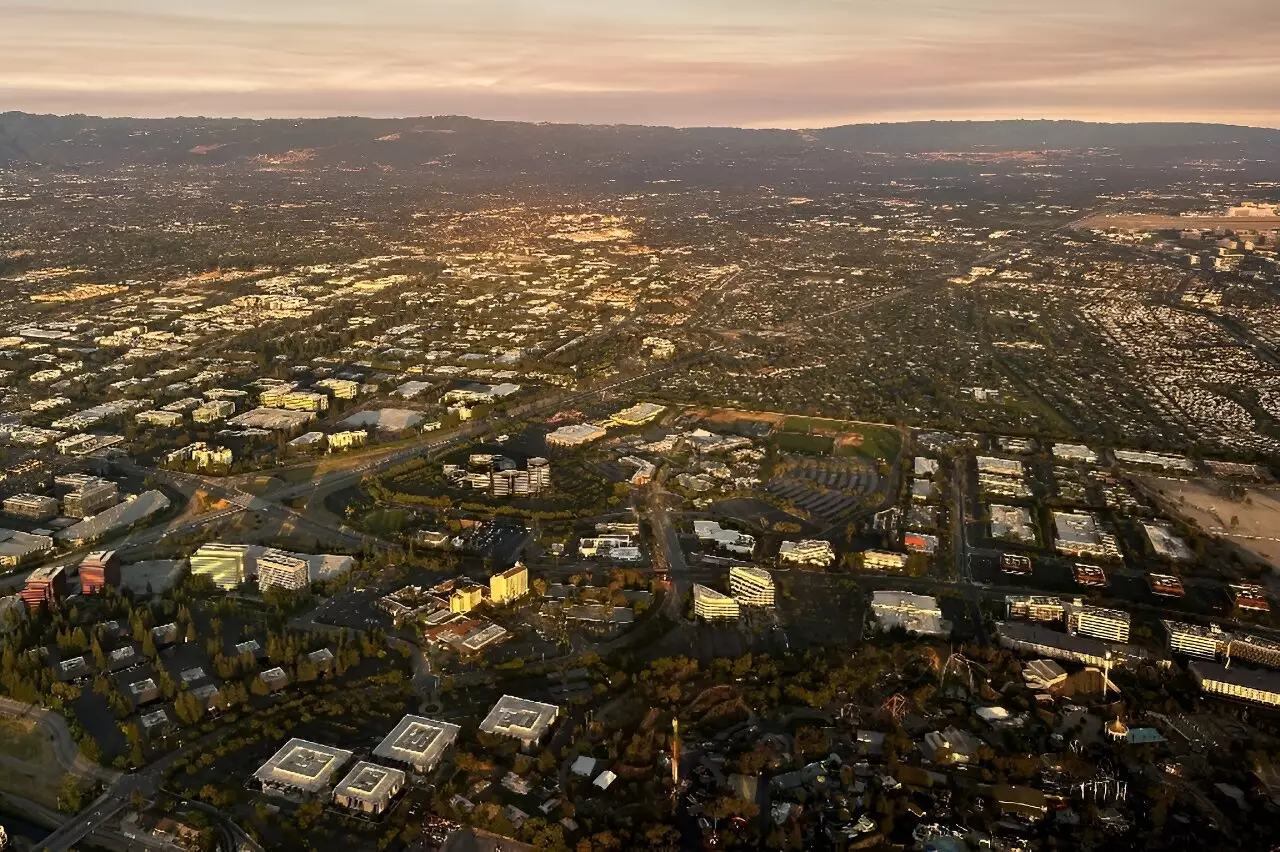The Silicon Valley tech scene is experiencing a phenomenon where promising startups in the generative AI space are disappearing as they either get acquired or become closely associated with major US tech giants. Recent months have seen companies like Inflection AI and Adept facing financial challenges, leading to key executives and founders quietly transitioning to established tech companies through undisclosed transactions. Critics argue that these transactions are essentially acquisitions orchestrated by behemoths like Microsoft and Amazon in a way that bypasses competition regulators, although the companies involved deny this.
The Struggle for Independence
Amidst these developments, companies such as Character AI are finding it increasingly difficult to secure the funding necessary to sustain their independence. Reports suggest that startups like French-based Mistral are at a heightened risk of being acquired by a larger tech corporation. Even OpenAI, the creator of ChatGPT, has forged a close relationship with Microsoft, receiving a substantial investment in exchange for exclusive access to their cutting-edge AI models. Amazon has a similar arrangement with Anthropic, which has developed its own high-performance models.
The emergence of generative AI, epitomized by the revolutionary ChatGPT, demands significant financial resources that only tech giants like Microsoft, Amazon, or Google can provide. Sriram Sundararajan, a tech investor and faculty member at the Leavey School of Business, notes that the entities with ample financial backing establish the rules and shape outcomes in their favor. In contrast to the conventional Silicon Valley narrative, the development of generative AI necessitates substantial computing power typically available through specialized servers.
Rather than being conceived in a garage by a visionary founder, generative AI startups are often founded by ex-research leaders from major tech companies, leveraging the extensive resources of large cloud providers. Such startups aim to replicate the well-funded research lab environments they previously worked in rather than adhere to the lean approach characteristic of traditional entrepreneurship. Notably, many founders of companies like Inflection and Adept transitioned from roles at Google or OpenAI.
While aligning with tech giants like Microsoft and Amazon can sustain startups like Inflection, there are concerns regarding the potential stifling of competition and innovation in the industry. Abdullah Snobar, executive director at an incubator in Toronto, cautions that the dominance of these major players could concentrate creative talent within a few corporations, limiting diversity and progress. The mounting scrutiny from governmental regulators raises questions about the future landscape of the industry and the extent to which acquisitions and partnerships will be scrutinized.
The increased focus on big tech companies’ acquisitions of smaller firms has prompted regulatory bodies in the US, Europe, and the UK to monitor closely. Instances like the proposed acquisition of cybersecurity firm Wiz by Google, a deal that was ultimately abandoned due to regulatory concerns, underscore the potential complexities involved in such transactions. Antitrust regulators have expressed intent to investigate the ties between companies like Inflection and Microsoft or Adept and Amazon, signaling a growing emphasis on preventing monopolistic practices within the AI sector.
As the generative AI landscape continues to evolve, the interplay between startups and established tech giants is reshaping the industry dynamics. The allure of financial stability and access to cutting-edge resources can tempt promising startups to align with major corporations, yet the potential consequences for competition and innovation remain subjects of ongoing debate and regulatory scrutiny. Balancing the need for financial support with the preservation of a diverse and innovative AI ecosystem poses a significant challenge for the future of the sector.


Leave a Reply